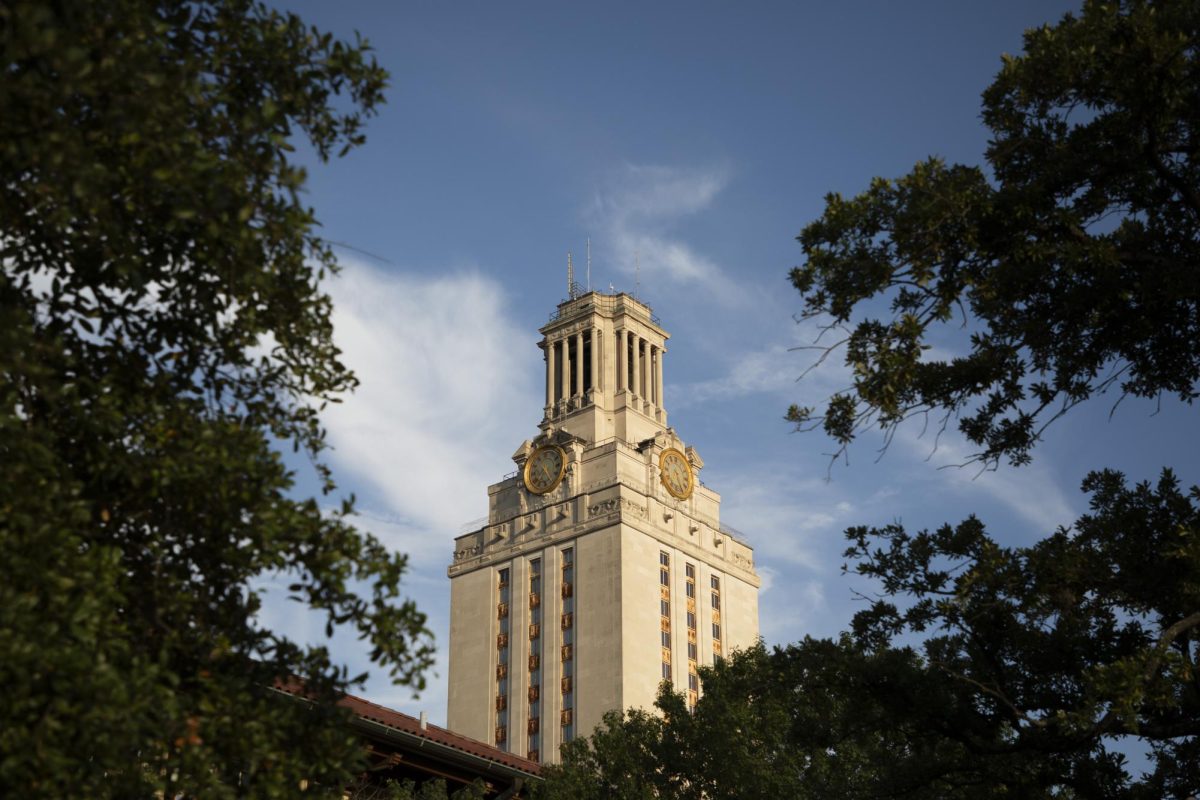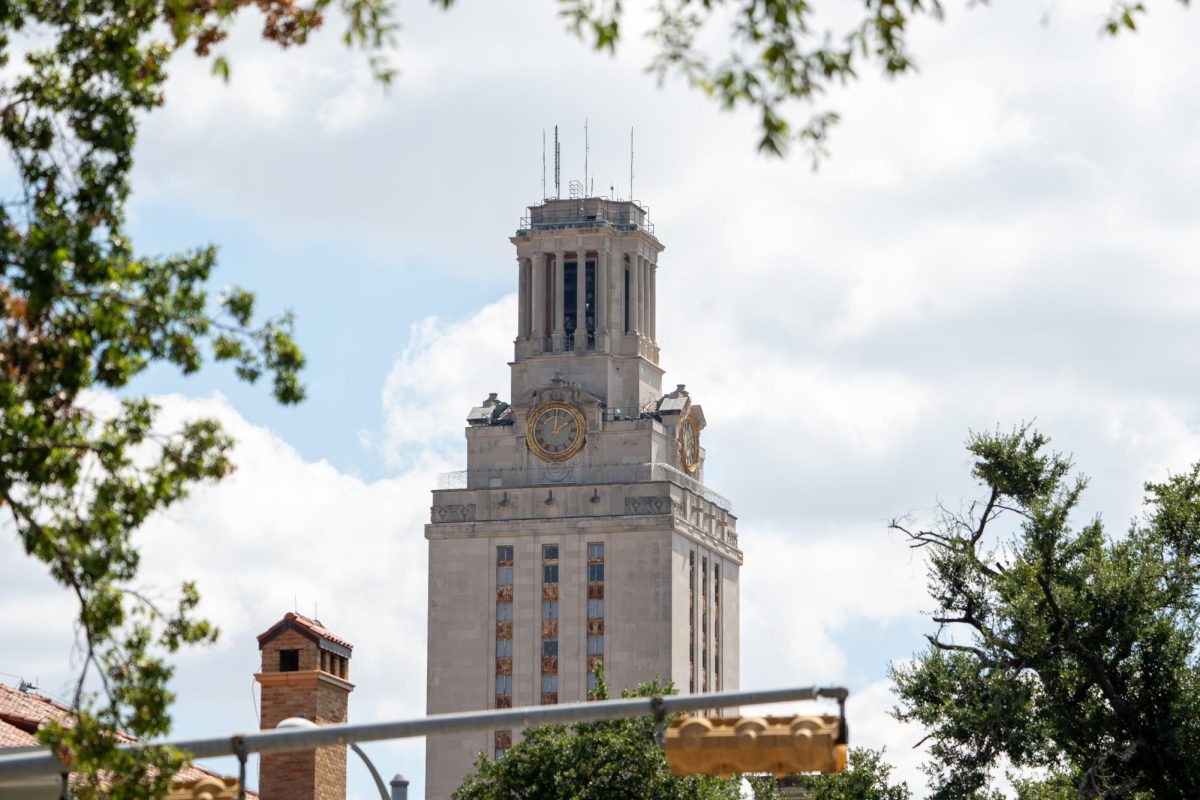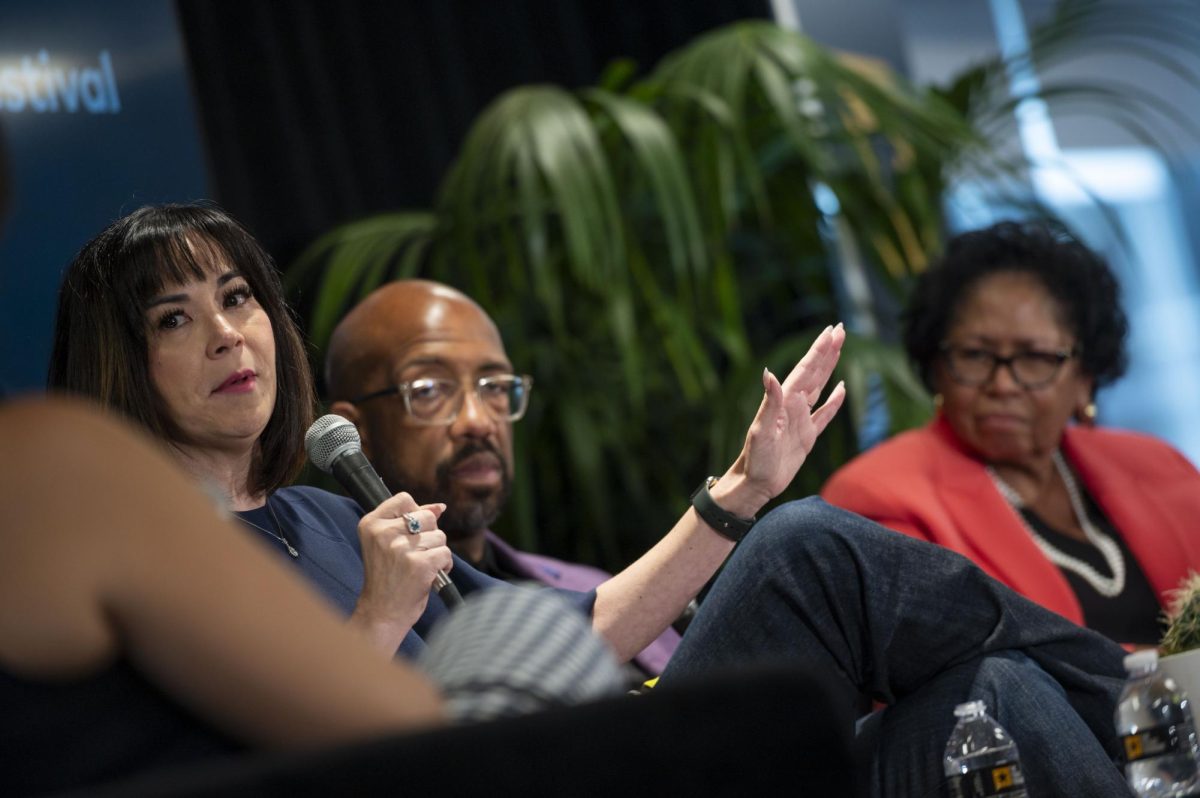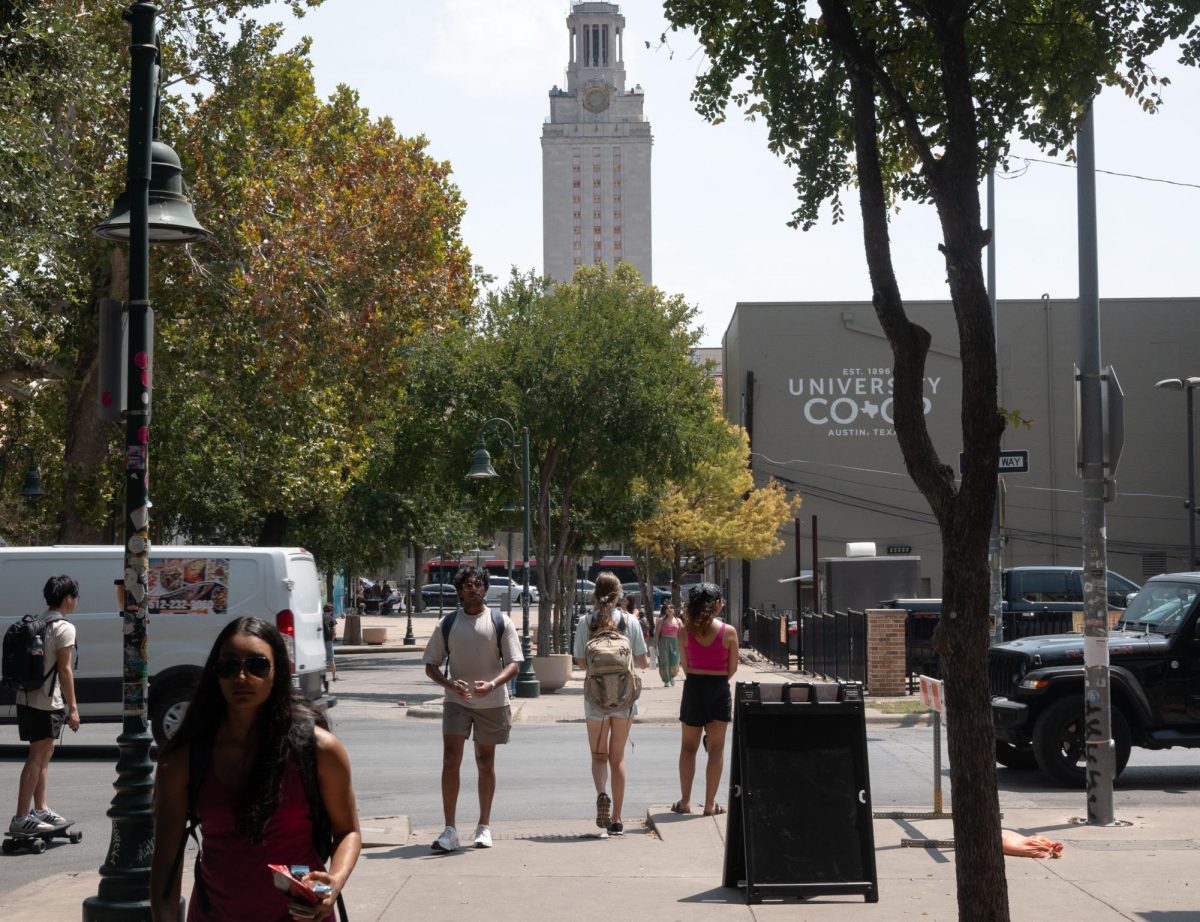The UT System approved a funding increase for the Archer Center to expand resources and make Washington, D.C., living costs more affordable for students.
The Archer Center is a UT System fellowship program in Washington, D.C., that provides fellowships for students to intern and study in the nation’s capitol.
At the Feb. 27 UT System Board of Regents meeting, the board approved $1 million in annual funding to the center from the system’s Internal Lending Program, with $600,000 going to scholarships and fellowships. The funding proposal came from Steven Leslie, executive vice chancellor for the system’s Office of Academic Affairs, on behalf of the center.
“For many students and their families, the Archer Fellowship is cost-prohibitive, as students must relinquish jobs or graduate assistantships during their semester of participation while also funding the extra cost of living in Washington, D.C.,” according to Leslie’s proposal.
The proposal also allocated $50,000 to hire a local mental health service provider for students in the center. Katie Romano, the executive director of the Archer Center, said they will also hire four part-time policy lecturers and a development specialist to recruit students and foster alumni relations.
“This funding will be a tremendous benefit to UT System students, their families and their communities,” Romano said. “The Archer Center educates the next generation of leaders for Texas, our nation and the world.”
Matt Maldonado, a government and Russian, East European and Eurasian Studies senior, interned at a foreign policy think tank through the UT-Austin Archer Fellowship Program in fall 2019. He said during his stay in Washington, D.C., he often found himself being selective on what he could do in the city, including going out with friends or on a trip, because he was on a budget.
“When you are on limited funds, you find ways to stretch every dollar, whether it is taking advantage of free events that have free food, or on occasion … free transportation or going to things like happy hours,” Maldonado said. “Washington is a very expensive city, and if you don’t have the resources, it can be difficult to partake as fully as others.”
Maldonado said the main appeal of the fellowship program is the internships it offers. Some internships pay or provide certain resources, such as transportation. Maldonado said his internship covered none of this, but he did get a weekly free lunch.
“I had classmates who had paid internships and travel covered,” Maldonado said. “If there was anything they wanted to do, they’d do it. They had no type of financial restrictions, which looked really nice from the other side.”
Maldonado said his classmates from other UT System schools covered housing for the students in the Archer program, but UT-Austin did not offer that same assistance, even though there were more UT-Austin students in the program. He said this funding will especially help UT-Austin students afford the program.
Maldonado said his classmates met with UT chancellor James Milliken while in the program, and the chancellor remarked how impressed he was with the students’ accomplishments. Maldonado said he hopes his meeting helped influence the decision to fund the center.
“We didn’t necessarily get to benefit from it, but the subsequent generation of Archers will,” Maldonado said.





















